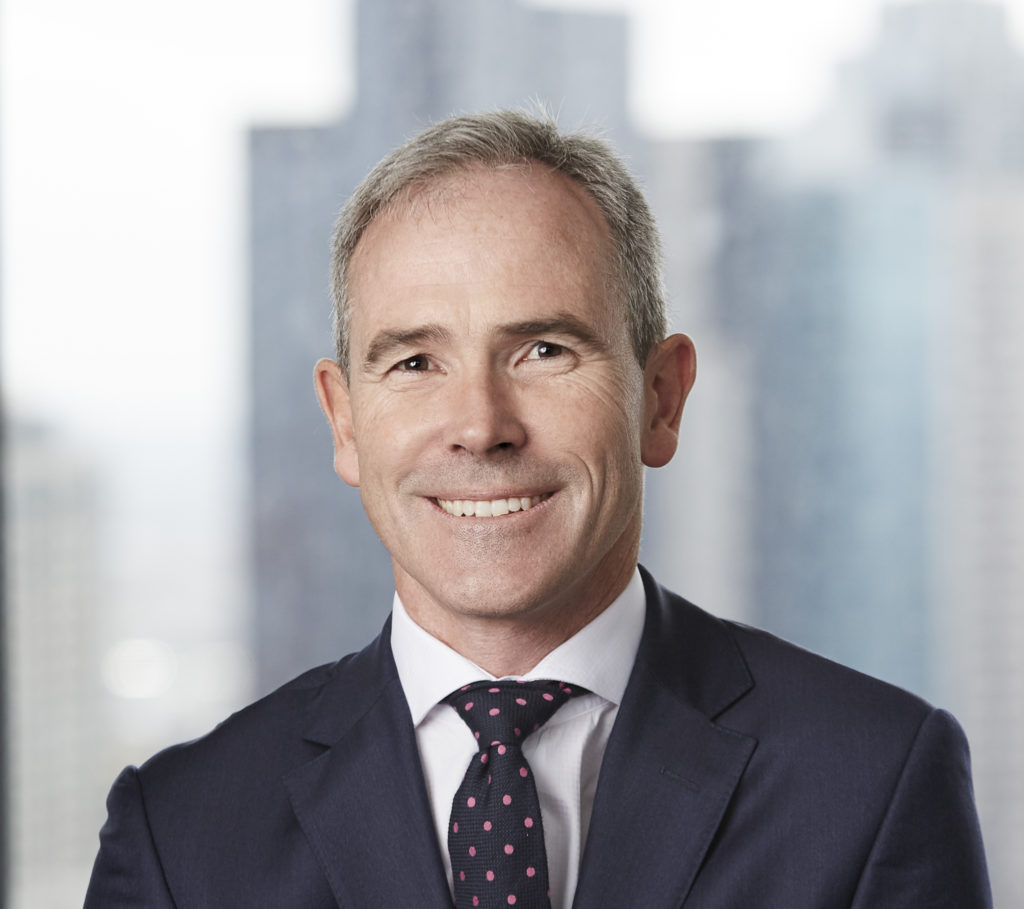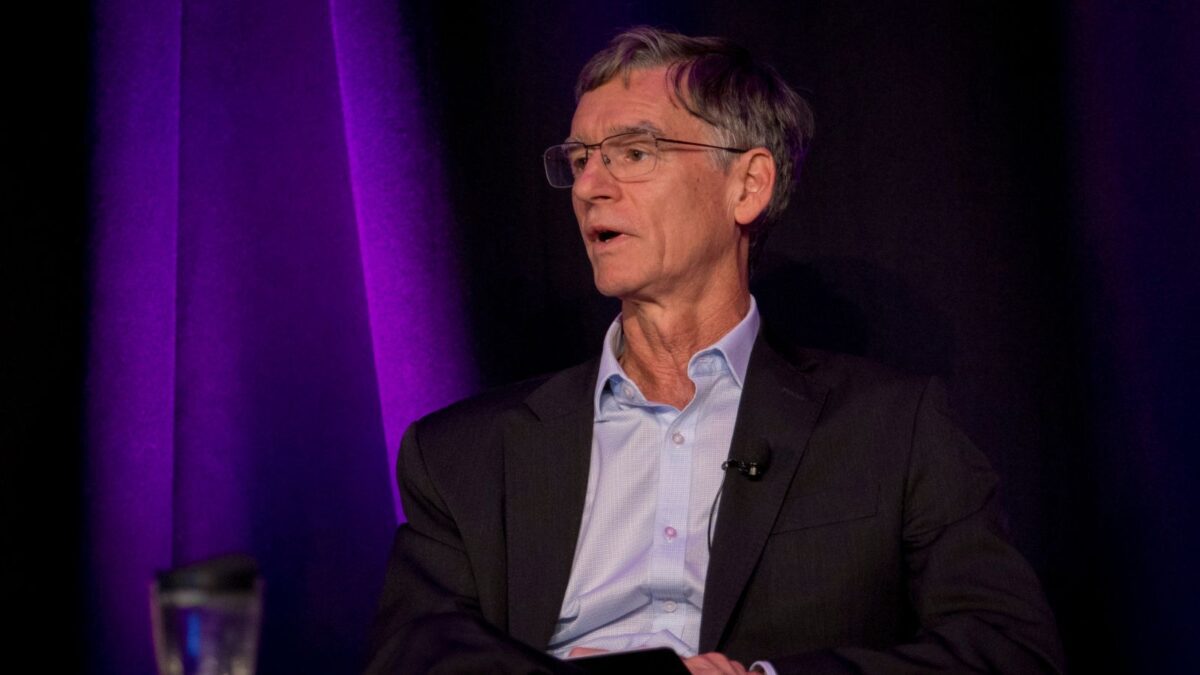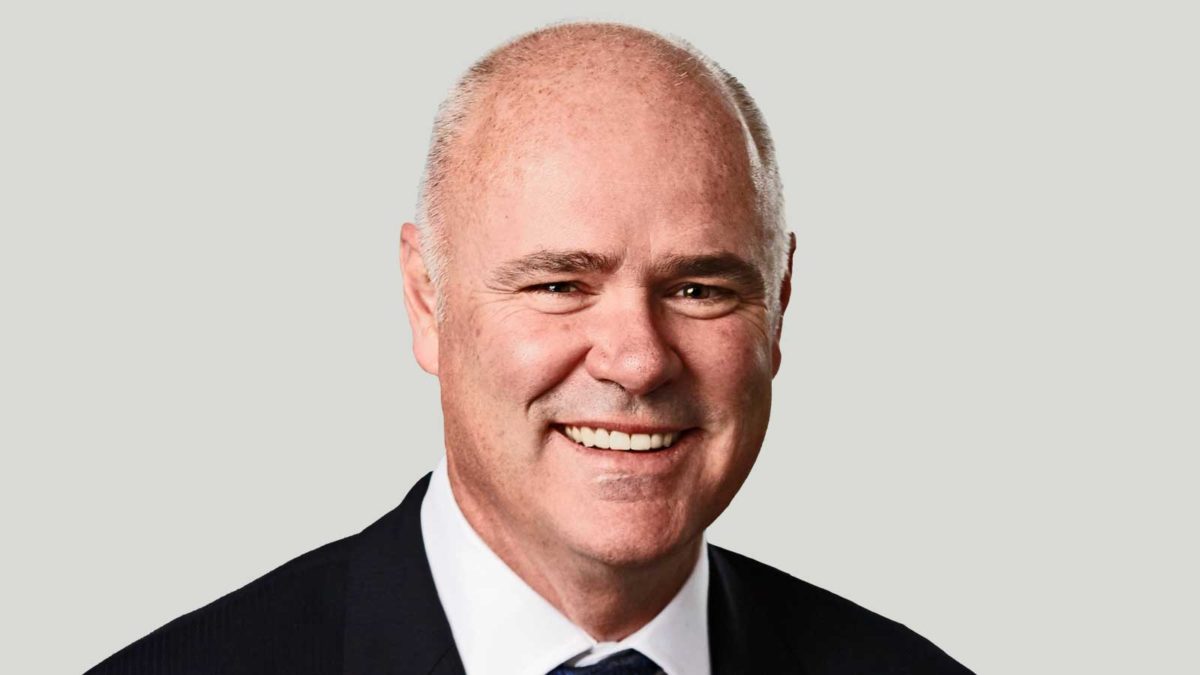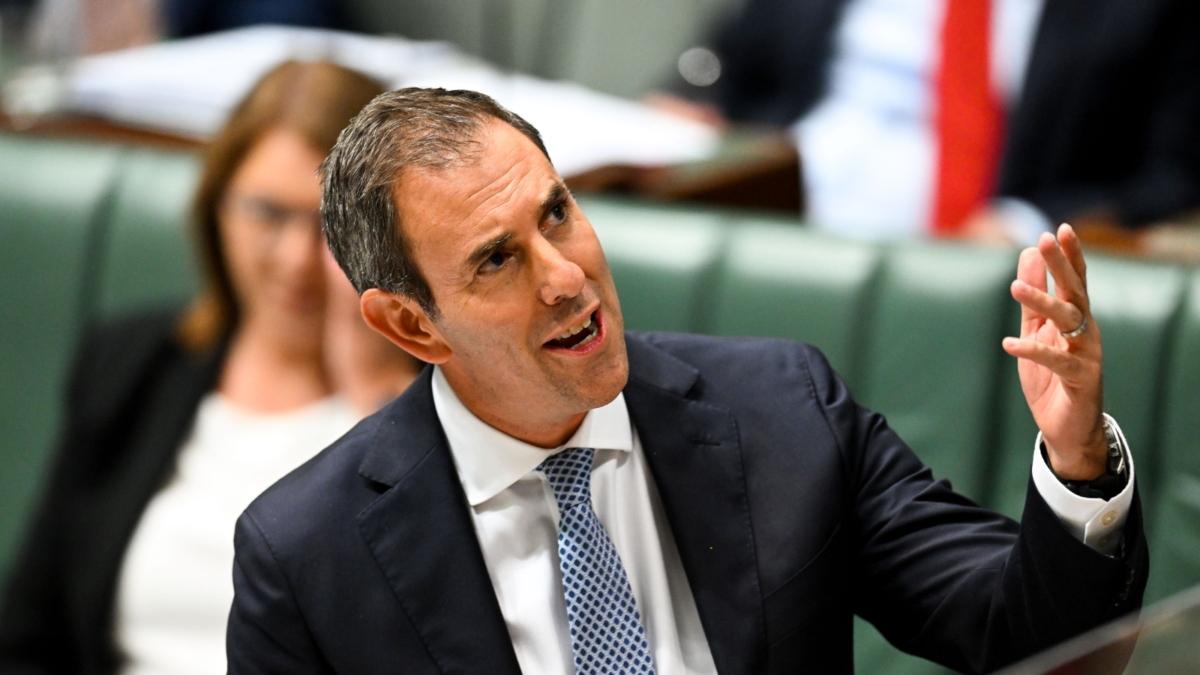Core value and niche growth for property
Melbourne-based property manager SG Hiscock hasn’t had a lot to celebrate of late, except perhaps its 20th anniversary. Like all good managers, it sees mainly opportunity in the troubles.
For starters, founder Steve Hiscock told a zoom media meeting last week (June 16), that the office was not dead.
Victoria has had more than 100 days of lockdown under covid-19 restrictions while the average for the other states and territories is six days. And commercial real estate is suffering alongside retail.
Introducing Grant Berry, a founding principal and portfolio manager, and Hamish Tadgell, portfolio manager, at the meeting, Hiscock said the firm believed that people needed to get together in their work for their own well-being as well as productivity, although much of the pandemic’s impact on office space would be lasting.

He said that while employees seemed “generally content” to continue working from home, employers were “pushing to get people back into the office”. So, a middle ground would be found.
“Talking to people in the industry, they tend to think you really need two-or-three days in the office to get the benefits [of co-operation]. Our thinking is that there’s probably another day a week in the system which was already becoming more flexible,” he said.
“Business conditions can overwhelm disruption. Working from home will be more of a feature going forward and this will feed through to other parts of the system.”
In the AREIT (Australian real estate investment trust) sector, Berry said, about one-third of the income for a number of companies was from funds management activities, rather than derived from rent, compared with 11 per cent five years ago.
“We want real assets in a liquid form,” he said. “Core real estate is at a discount to the public markets.”
SG Hiscock is expecting further growth from niche markets, which made up only 7 per cent of the Australian listed property market compared with more than 60 per cent in the US. Examples included: manufactured homes, hotels, healthcare, childcare, petrol stations, medical facilities, storage, build-to-rent residential, retirement homes and data centres.
“The niche sector is well recognized in the public market, with an 18.9 per cent pricing premium to the physical market,” Berry said. “On the other hand, you have GPT [the big core property operator] trading at a 15 per cent discount. So there’s an opportunity for value there. We think there is room for both.”
The office occupancy rates varied significantly around the country. Darwin and Hobart had returned to pre-covid rates and Brisbane remained stubbornly at about 70 per cent occupancy, with Sydney at 67-68 per cent.
Berry said that, geographically, the SG Hiscock portfolio was skewed to Perth, which had an occupancy rate of about 78 per cent.
“There will be some scarring in Victoria and the shift out of the cities will be more pronounced. Working from home will be more prevalent. But the office is at the core of the culture of companies and that won’t change.”
The manager has also been active in the convenience shopping sector, such as suburban and regional retail which it says are defensive assets. Retail has also fared well from the Government’s fiscal stimulus, with many retailers benefitting from increased spending on big-ticket items.
But getting immigration back to previous levels when the borders were re-opened was important for overall economic growth, especially in Victoria, Tadgell said.












